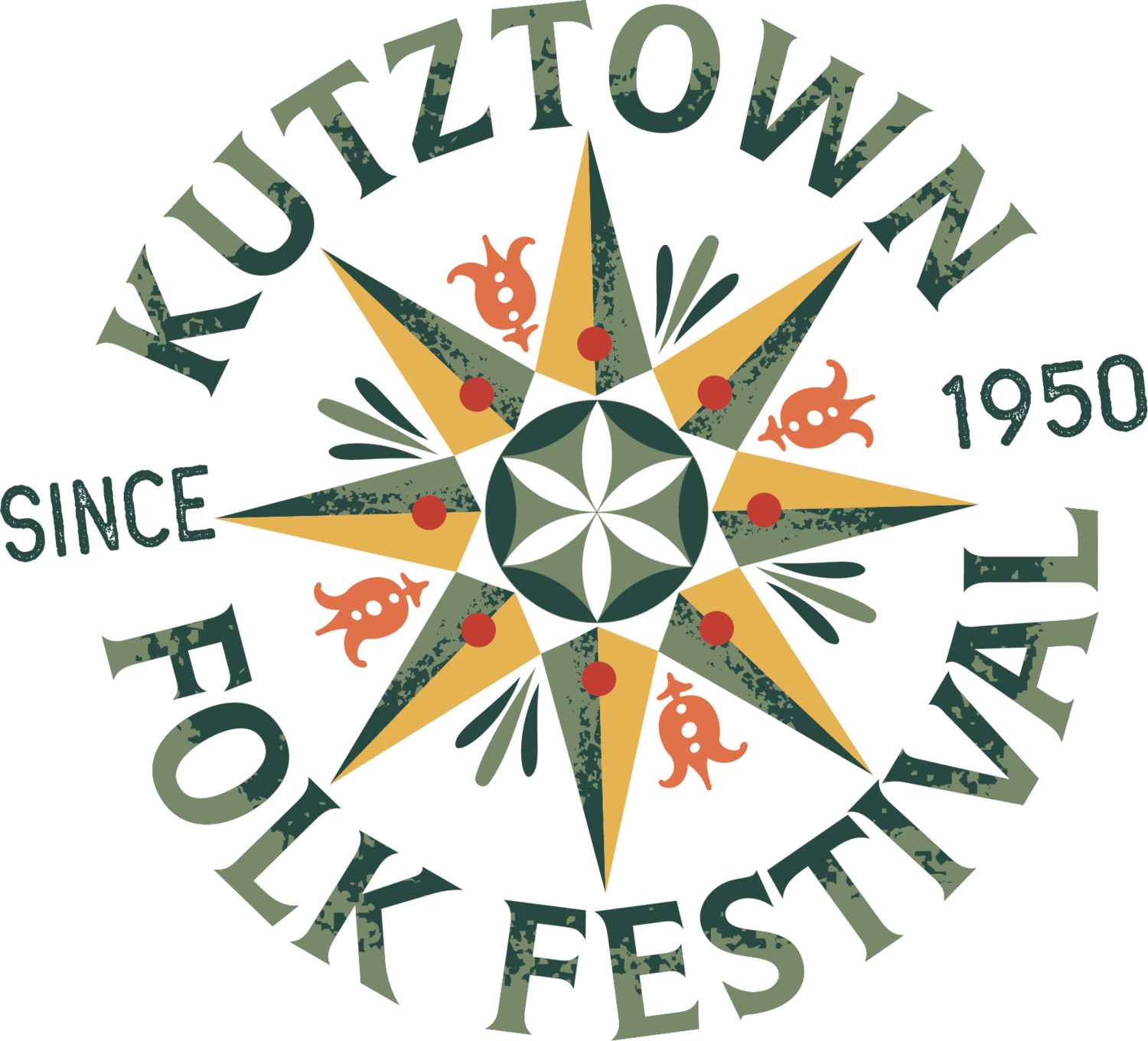Mennonites: Peaceful People
Called the Plain People from their belief that Christians are not to adorn themselves in vanity, Mennonites have chosen to follow a plain life in simple obedience to the Scriptures. Frequently confused with the Pennsylvania Dutch, of which they are but a small part, the influence the Plain People have had is such that when people across America think of the Pennsylvania Dutch, it is of the horse and buggy and long bearded men in worship services. The Plain People, or sects, are composed of the Mennonites, Amish and Dunkers, or Brethren.
The Mennonites are the descendents of 16th century religious radicals called Anabaptists, meaning "Adult Baptism". They felt the rite of Baptism should be reserved for adults who have made a conscious decision to accept Jesus as their Lord. Other ideas of these early Mennonites included complete separation of church and state, and a complete refusal to support warfare. This radical belief was based on the command from Jesus to "love your enemies and do good to those who persecute you". Due to extreme religious persecution, Mennonites started coming to America in the 17th century. The Germantown Meetinghouse was established in 1683 and continues to this day. Large numbers of Mennonites came to Pennsylvania until the Revolutionary War. Most were simple farmers who lived in the community, did not bear arms or swear oaths, and observed adult baptism, communion, and foot washing as illustrated by Jesus' example in the Bible. Important issues were taken to the brotherhood for discernment and advice.
Today Mennonites are found in over 50 countries and number over 1.5 million adults. Yet the largest groups are still in America and are of German or Swiss descent. To this day, much of the Mennonite identity comes from their history of European persecution.
In this area, you will find a variety of Mennonite Brotherhoods. The "Old Order Mennonites" still travel our roads in horse and buggy, dress in simple or "plain" clothing, and avoid the ownership of many modern conveniences. You will find "Modern" Brotherhoods, who uphold and practice the Biblical teachings of Jesus, but have adapted to the use of many modern conveniences. Most will still dress simply, and avoid the "flashy" trappings of modern society. And there are Brotherhoods in between, some who will own cars, for instance, but they are all black, with no chrome or decorations. Whatever the lifestyle, the tie that binds these groups together is the continued obedience to the Biblical teaching and example of Jesus Christ.
Credits: PA Folklife, Robert F. Ulle, Dr Theodore Jentsch
